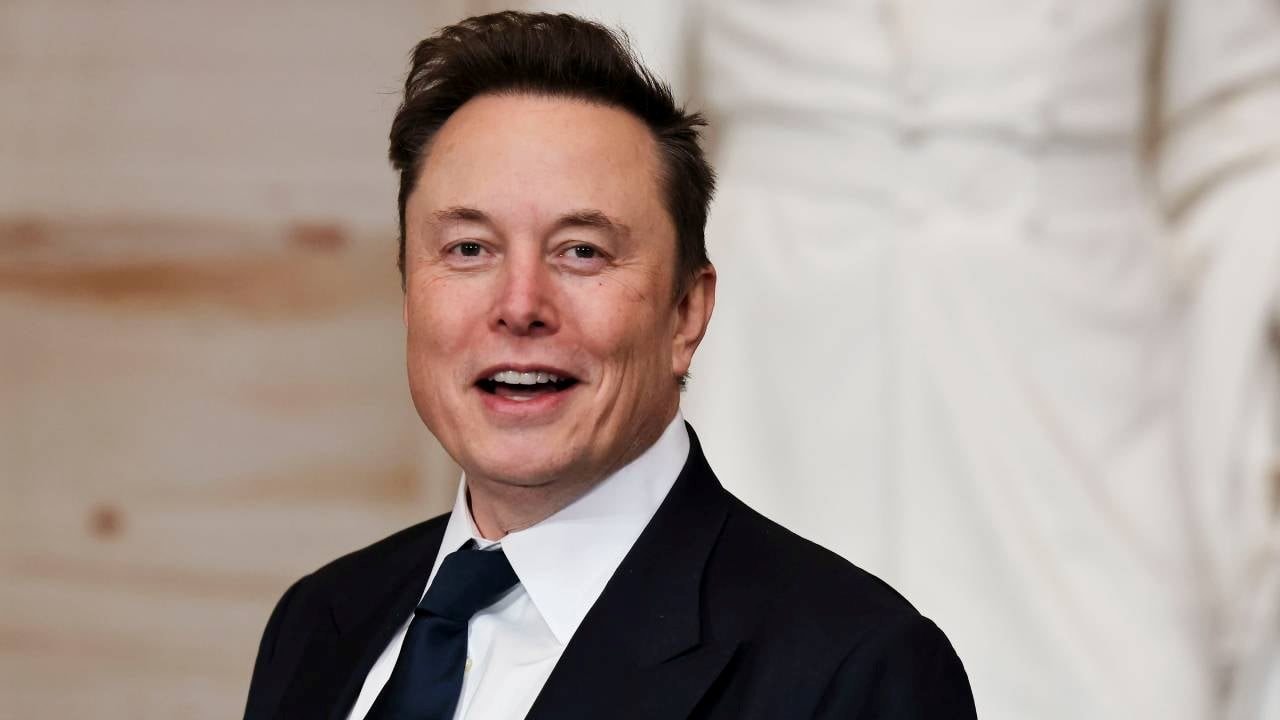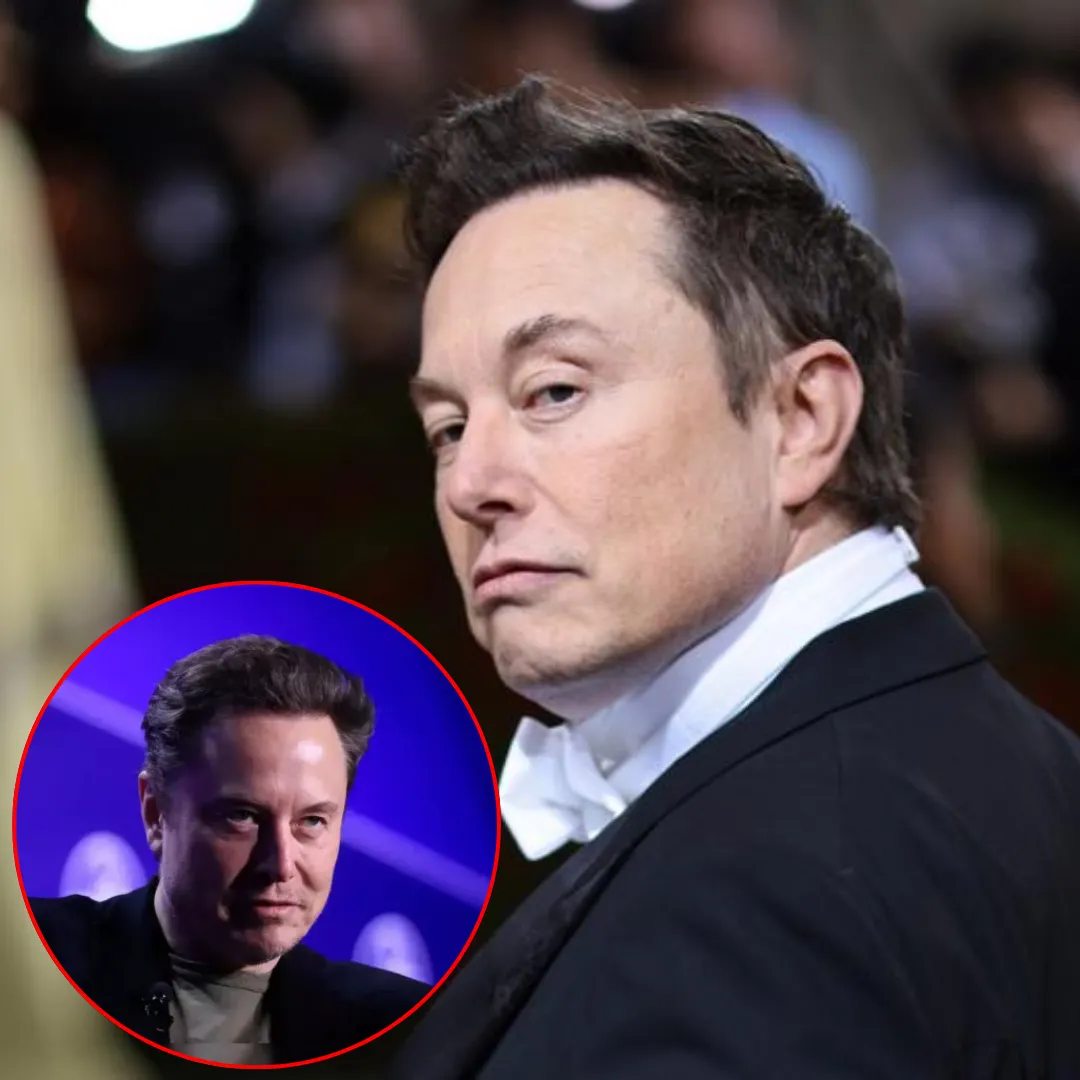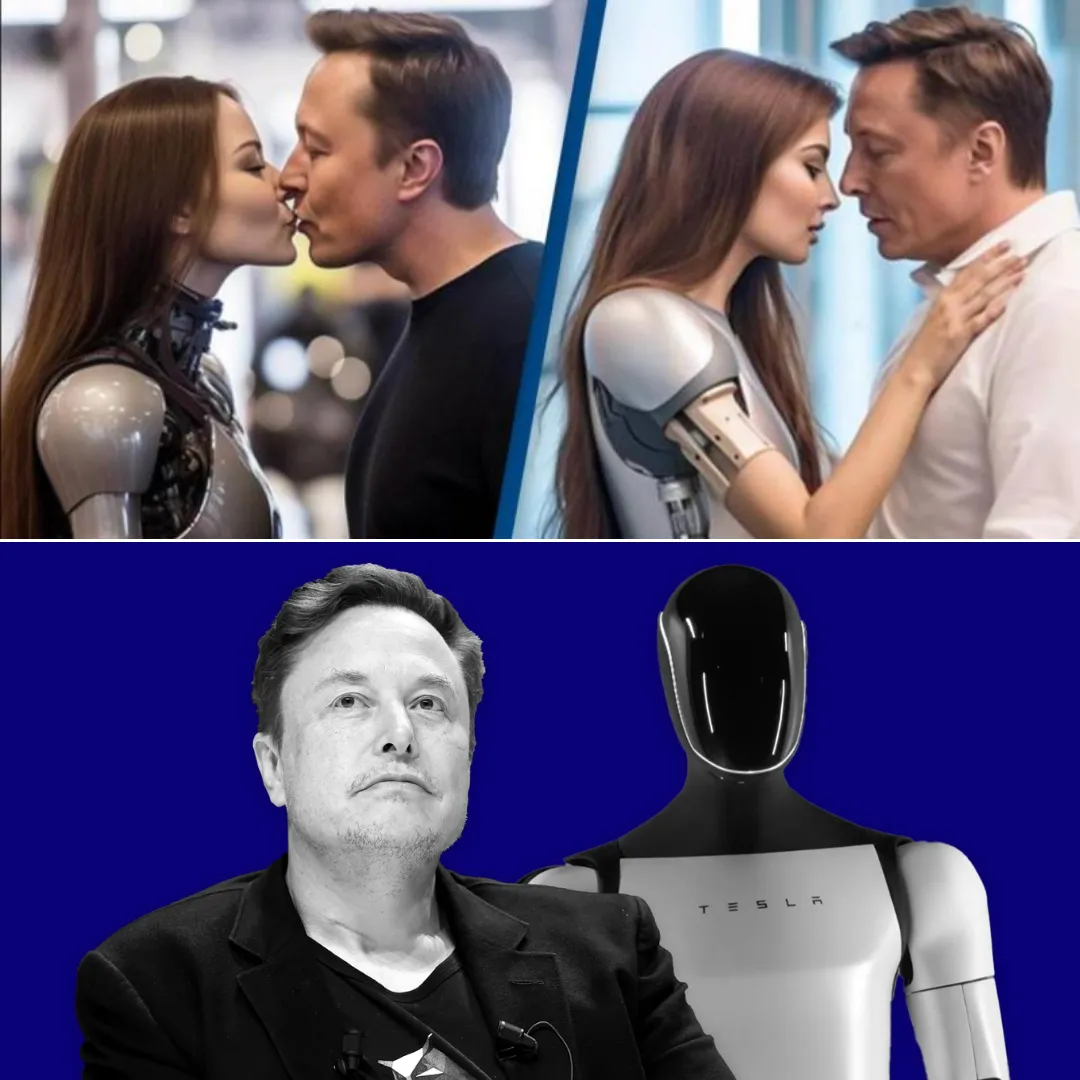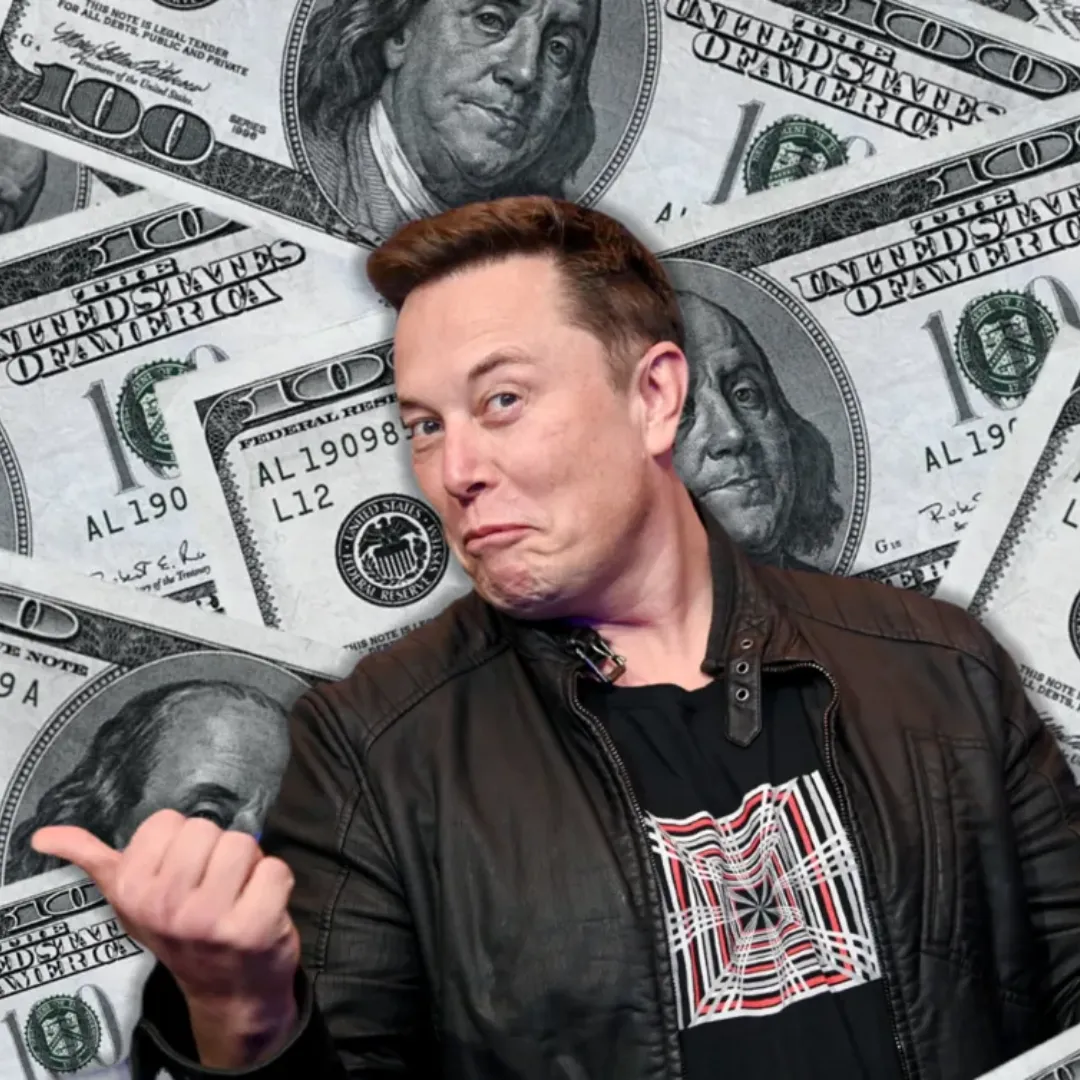
For over a decade, Elon Musk has stood as a singular figure in the global imagination—a living symbol of genius, ambition, and disruption. He has been celebrated as the ultimate modern polymath, a man capable of transforming entire industries with sheer intellect and vision. From building electric cars that shook the global auto industry to launching reusable rockets that changed the economics of space, Musk has positioned himself not just as a businessman, but as a civilizational architect.
His fans revere him as a prophet of progress, while even his critics acknowledge the scale of his accomplishments. Yet, as Musk expands his reach into new realms—government reform, AI regulation, social media governance—a critical question has emerged: can even the most brilliant minds succeed in every domain?
At the heart of Musk’s public image lies a paradox. He has achieved more in a single lifetime than most could imagine across several. Tesla has revolutionized the automotive sector by making electric vehicles aspirational and mainstream. SpaceX has become the world’s most reliable private launch provider, consistently pushing the boundaries of commercial and scientific spaceflight.
His ventures into solar energy, neurotechnology, and infrastructure through companies like SolarCity, Neuralink, and The Boring Company have further cemented his reputation as a man who does not merely predict the future but builds it. In this context, it is tempting—perhaps inevitable—for people to assume that Musk can succeed at anything he touches.
But that assumption, grounded more in admiration than analysis, may be flawed. Musk’s recent forays into public governance and institutional reform have raised serious concerns about whether success in technology translates to other, more complex and politically nuanced fields. His involvement with the U.S. Government’s Department of Government Efficiency, known publicly as DOGE, exemplifies this tension.

Tasked with streamlining bureaucracy and enhancing state functionality, Musk’s role in DOGE has already been linked to a series of controversial decisions. These include the mass dismissal of personnel from the National Nuclear Security Administration and the elimination of financial support for healthcare programs dedicated to 9/11 first responders.
These moves, justified under the banner of efficiency and optimization, have not only sparked public outrage but have also led to internal resistance within federal agencies. Critics argue that Musk’s approach treats government institutions as if they were malfunctioning startups—problems to be debugged rather than ecosystems to be understood.
The tools that served him so well in Silicon Valley, such as rapid iteration, vertical integration, and relentless cost-cutting, may not apply neatly to public policy or social systems. In the pursuit of optimization, what gets sacrificed? Whose voices are excluded?
This raises a broader and more philosophical issue: the myth of transferable genius. History has repeatedly shown that success in one domain does not automatically confer competence in another.
The same intellectual intensity that allows someone to build a rocket can easily lead them to overestimate their understanding of human institutions, cultural systems, and deeply embedded bureaucracies. It is the halo effect at scale—where one’s extraordinary achievement in a specific area creates an illusion of omniscience. And Elon Musk, perhaps more than any figure in recent history, has become the embodiment of this effect.

Psychologists call it the halo effect when admiration in one trait colors our perception of unrelated traits. In Musk’s case, his accomplishments in engineering and product design have convinced many that he is also a master of diplomacy, ethics, labor relations, and media strategy.
The truth is more complicated. Managing a rocket launch requires precision, control, and a tolerance for failure. Reforming government, on the other hand, requires consensus-building, compromise, and a deep sensitivity to historical and social context. They are not the same discipline, and brilliance in one does not guarantee success in the other.
The myth of universal genius is not unique to Musk. Throughout history, we have elevated successful individuals to the status of oracle, only to watch them falter when stepping beyond their area of expertise. Business school case studies often cite the cautionary tales of executives like John Sculley and Ron Johnson, both of whom led highly successful tenures at major companies only to fail when moved into unfamiliar territory.
Sculley, once celebrated for his marketing prowess at Pepsi, struggled to navigate the culture of Apple. Johnson, hailed for revolutionizing retail at Target and Apple Stores, was unable to turn around J.C. Penney. Success, it turns out, is not infinitely portable.
Even scientific elites are not immune to this trap. The phenomenon known as Nobel disease refers to the tendency of Nobel Prize winners to embrace fringe or pseudoscientific ideas outside their discipline after receiving their award.

The recognition and adulation distort self-perception, leading some to believe they possess a special insight into matters far beyond their domain. It is not ego in the traditional sense, but a cognitive distortion—believing that past brilliance grants future infallibility. Harvard Business School has produced research showing that even top executives from respected institutions like General Electric often failed when moved into new environments.
Their leadership skills, honed in specific corporate cultures and industry dynamics, did not always translate to success in different markets or under different pressures. The context matters. The system matters. And even the most brilliant individuals are ultimately products of the systems they understand best.
Elon Musk is not unaware of these risks. He has frequently acknowledged the limits of his expertise and has surrounded himself with talented engineers, managers, and advisors. But his increasingly centralized control over multiple companies, combined with his growing involvement in national-level decision-making, raises legitimate questions about capacity, focus, and accountability.
How does one man effectively lead Tesla, SpaceX, Neuralink, X, The Boring Company, and now advise the federal government? What happens when the demands of one domain conflict with those of another?
His recent behavior on X, the social platform he now owns, has only intensified the scrutiny. From impulsive policy changes to controversial tweets, Musk has demonstrated that brilliance does not preclude impulsivity, nor does influence guarantee wisdom.

Social media is not a rocket engine. Public discourse is not an engineering puzzle. And when the same aggressive tactics used to disrupt industries are applied to matters of public trust and governance, the consequences can be far-reaching and deeply destabilizing.
This is not to suggest that Musk should stay in his lane or that innovation should be confined to traditional silos. On the contrary, cross-pollination of ideas is essential to progress. But the elevation of one individual to the status of all-knowing visionary is not only dangerous—it is counterproductive. It discourages collective intelligence, undermines institutional resilience, and distorts the public’s understanding of how complex problems are solved.
We live in a time that craves certainty, leadership, and breakthroughs. It is understandable that people gravitate toward figures like Musk who promise transformation and deliver results. But genius is not infinite. It is conditional. It thrives under certain circumstances and falters under others. It is not a universal passport but a situational advantage.
Musk’s accomplishments remain remarkable. Few people in history have achieved what he has, and fewer still have dared to dream at such a scale. But the myth of the universal genius does not serve him—or us—well. It sets unrealistic expectations, shields flawed decisions from criticism, and ultimately risks turning genuine brilliance into hubris.
As Musk continues to influence everything from how we drive to how we govern, it is vital that we remember this. Intelligence is real. Vision matters. But systems are complex, and success is not a one-size-fits-all phenomenon. Even for someone like Elon Musk.



